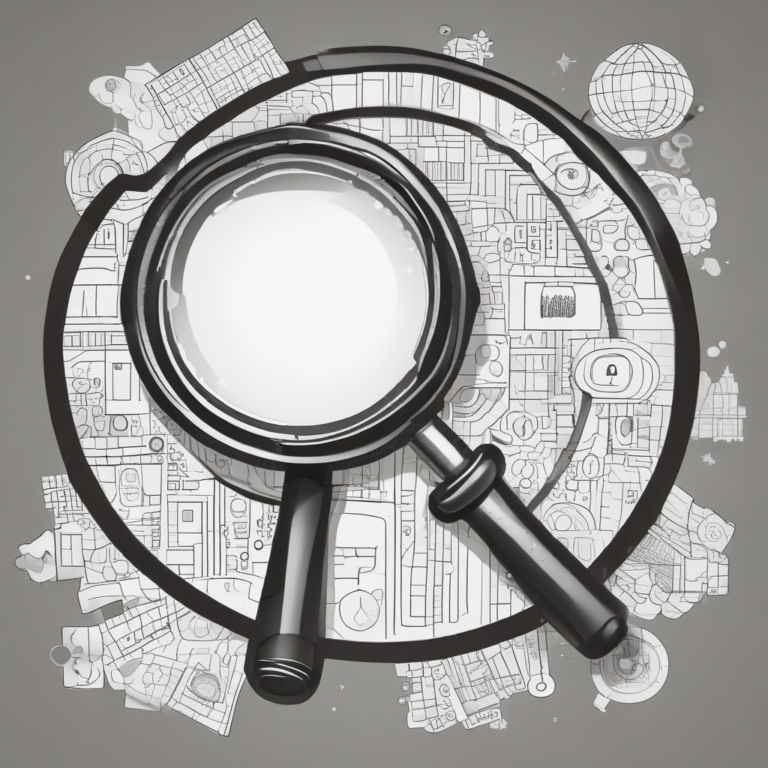France Creative Sector Takes Legal Action Against Meta
On March 13, 2025, several French publishing associations filed a joint legal complaint against Meta, alleging unauthorized use of copyrighted works to train its generative artificial intelligence systems. This action is contrary to the EU Artificial Intelligence (AI) Act, which was implemented to regulate AI development within the European Union.
Complaints Filed in Paris
The complaint was lodged by the National Publishing Union (SNE), the Société des Gens de Lettres (SGDL), and the National Union of Authors and Composers (SNAC) before the Paris Judicial Court. According to a press release issued by the SNE, this legal action is a response to Meta’s alleged non-compliance with the EU AI Act, which came into force in August 2024.
Underlying Principles
Vincent Montagne, president of the SNE, emphasized that the associations aim to uphold fundamental principles through this legal pursuit. He stated that the development of an AI market should not undermine the cultural sector. The organizations are seeking the removal of data directories that were allegedly created without authorization and used for training AI systems. Additionally, they advocate for increased protections for authors and creators, as well as compensation for those whose works have been utilized in training generative AI models.
Transparency and Compliance Obligations
The AI Act mandates that generative AI systems must adhere to specific transparency requirements and comply with EU copyright law. This includes disclosing whether content was generated by AI. Furthermore, these systems are required to have mechanisms in place to prevent the generation of illegal content and to publish summaries of copyrighted data utilized during training. Meta’s actions may directly violate these stipulations.
Broader Context and International Considerations
While the UK is not governed by the EU AI Act, discussions regarding copyright laws and AI training models have intensified within the country. In 2024, the UK Secretary of State for Science, Innovation and Technology called for a need for clarification on this matter. In February 2025, international organizations presented a culture and innovation charter at the Summit for Action on Artificial Intelligence, advocating for AI development to align with copyright laws and the rights of individuals in the arts, cultural, and creative sectors.
In Europe, Meta is currently facing additional complaints related to its advertising practices. These ongoing legal challenges reflect the growing scrutiny of major tech companies and their operations in the realm of intellectual property and AI.









